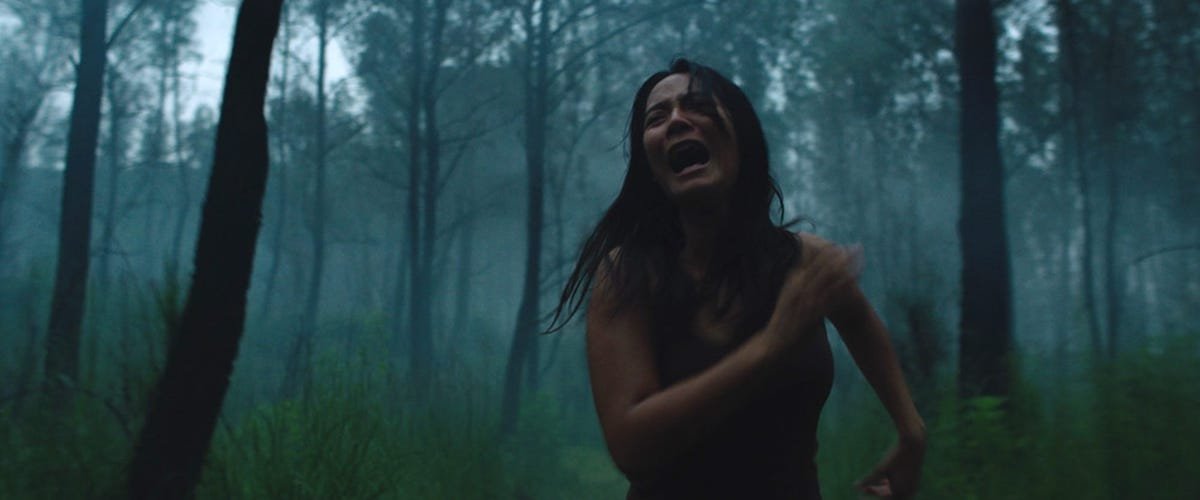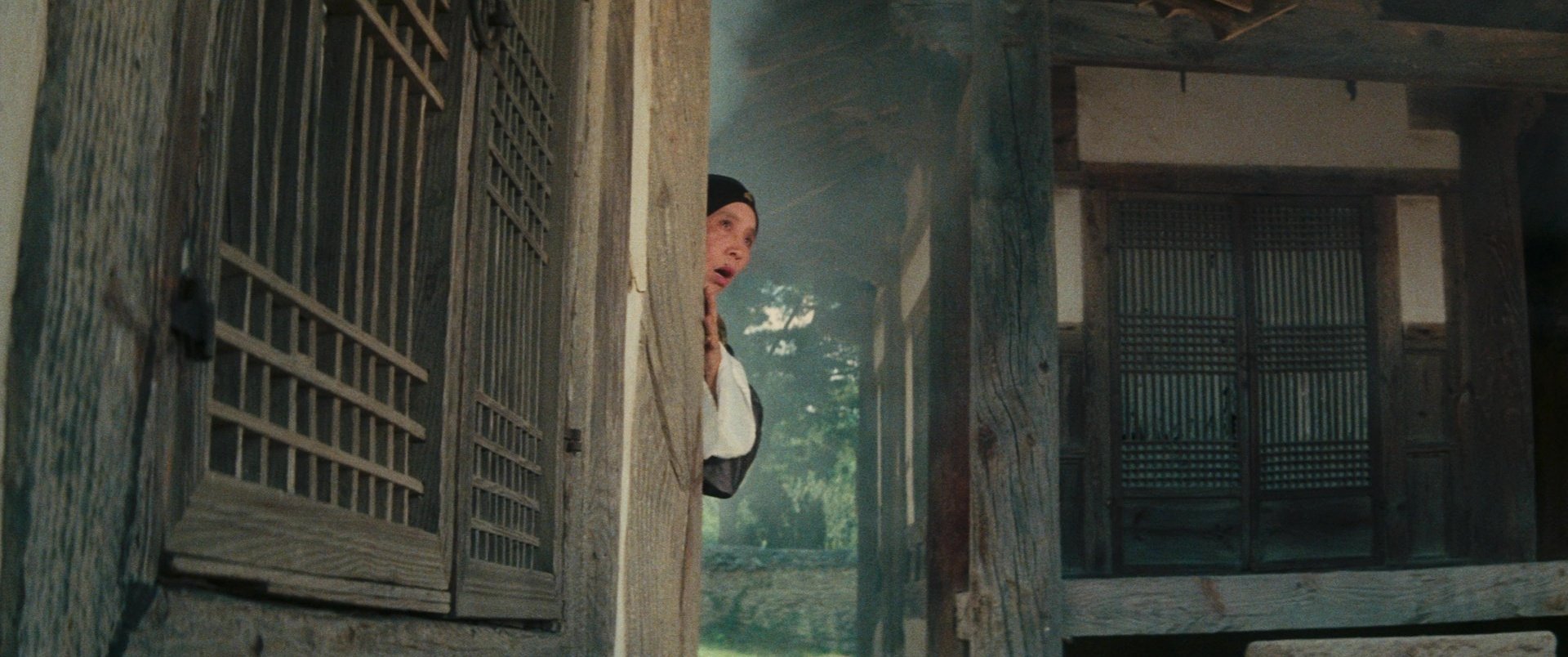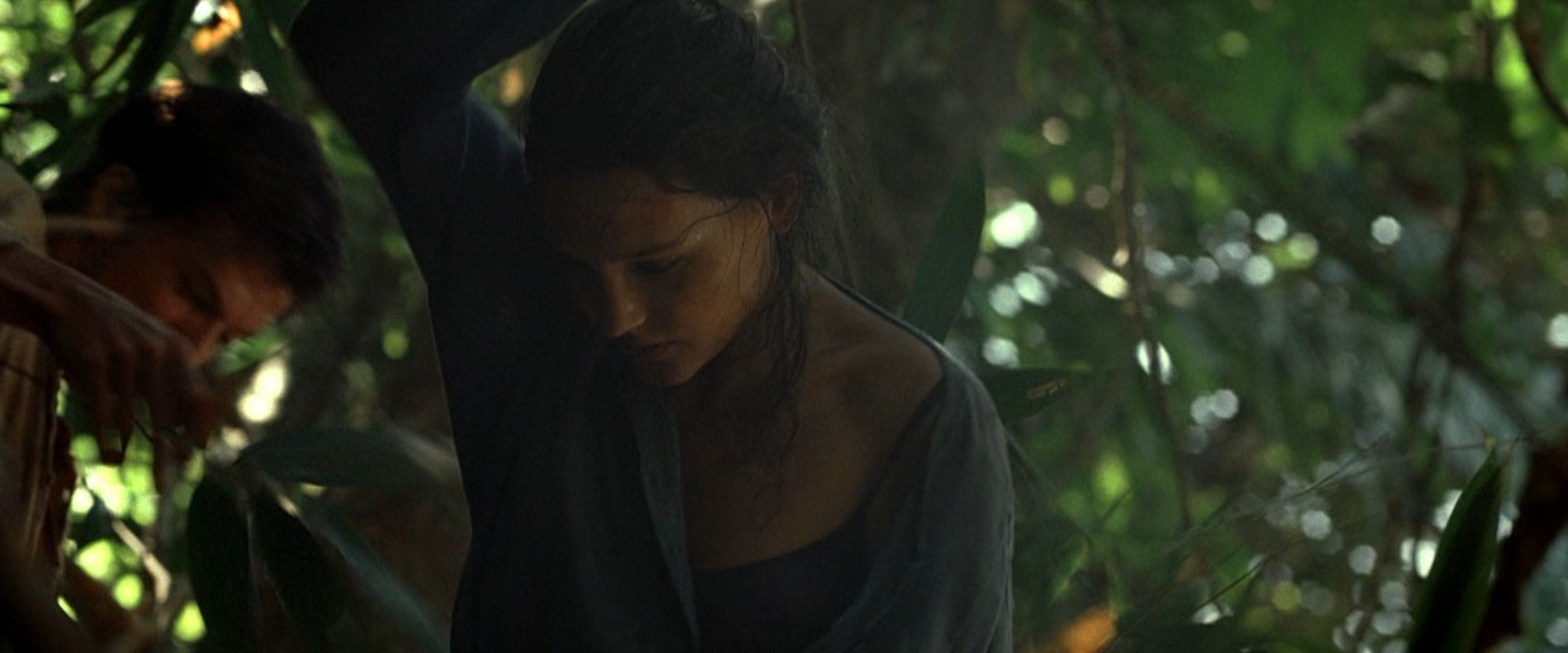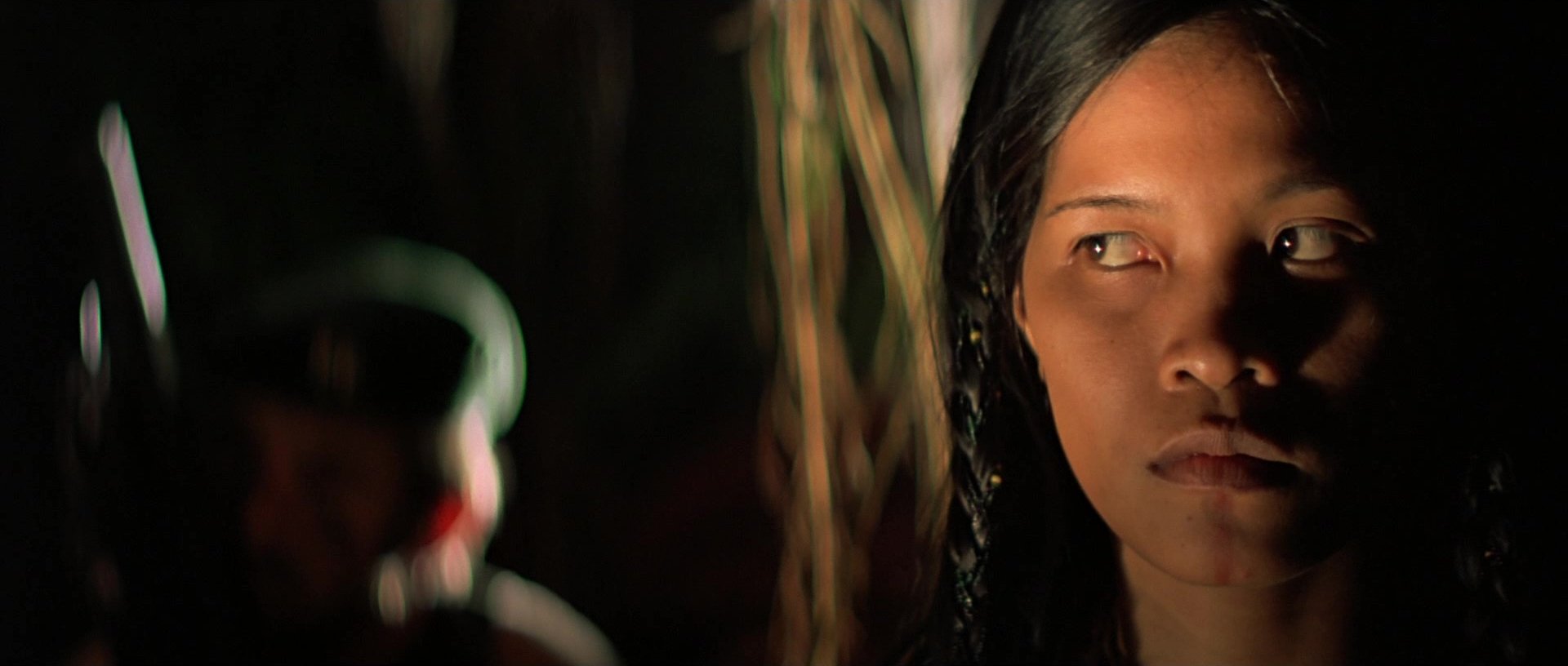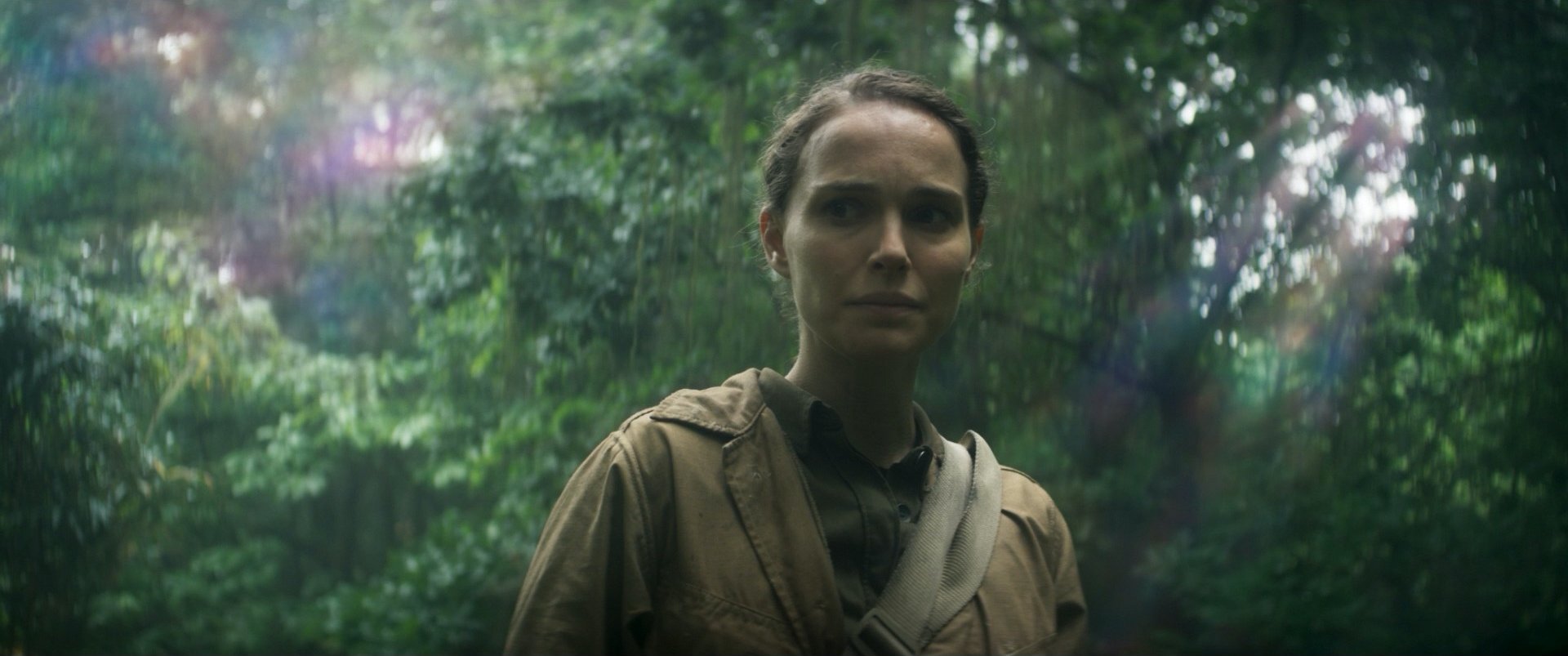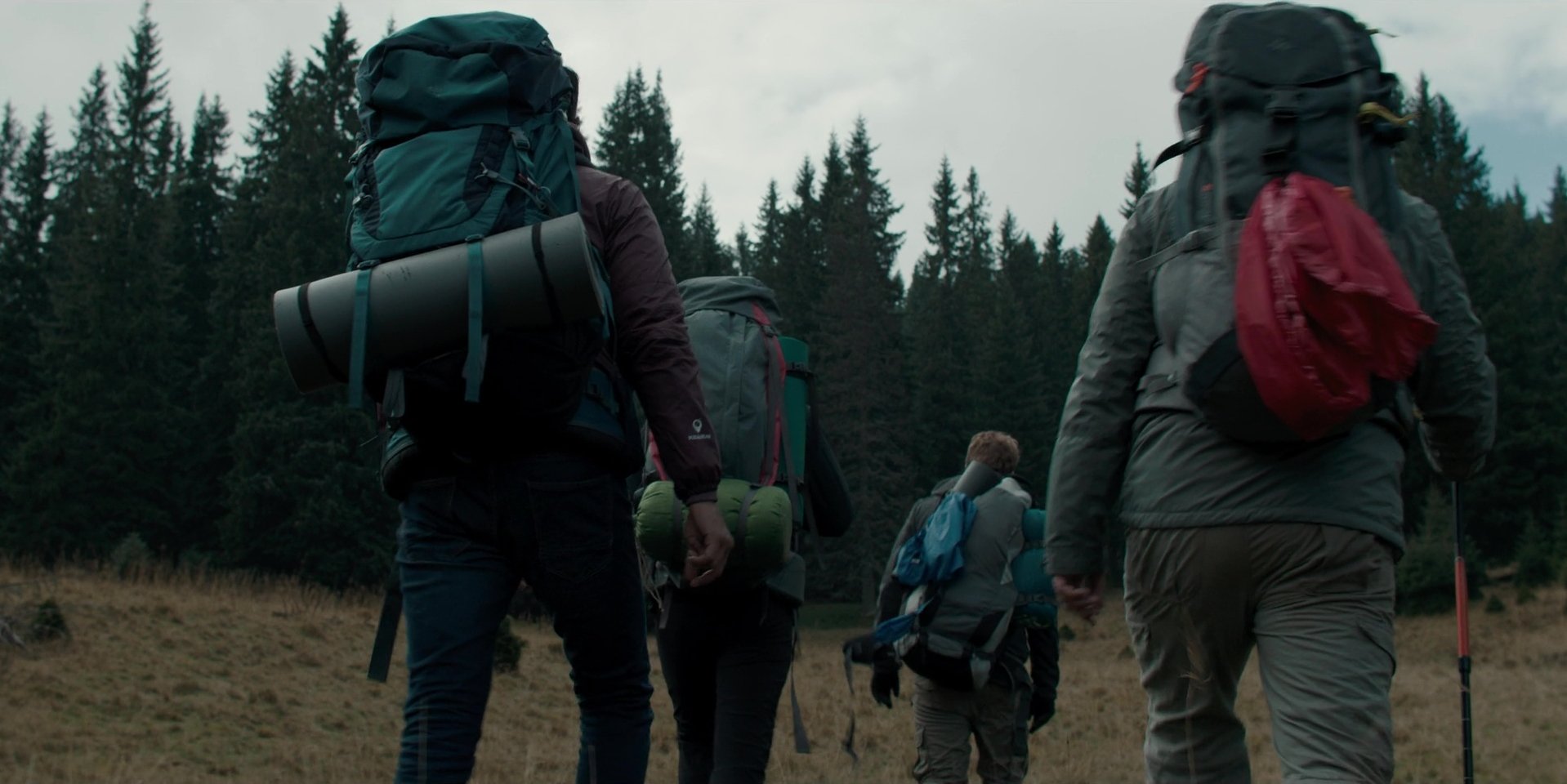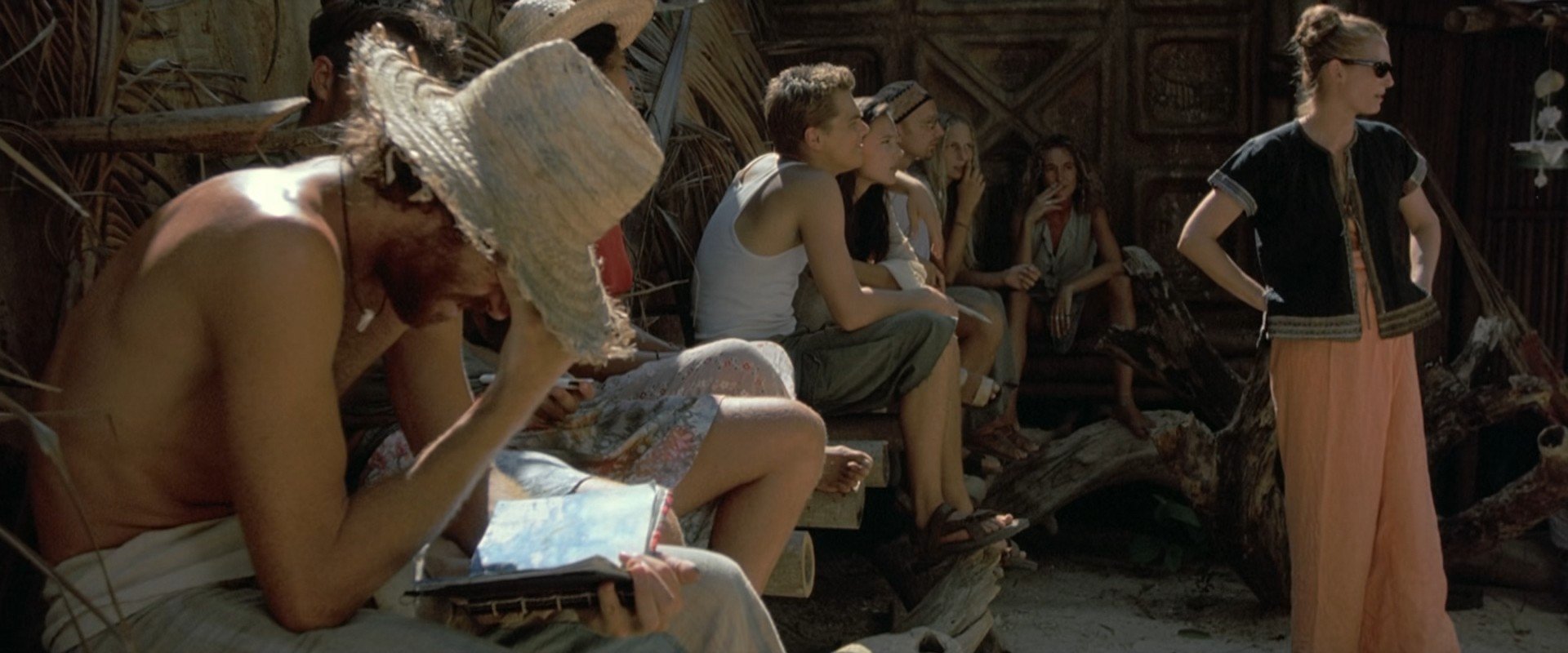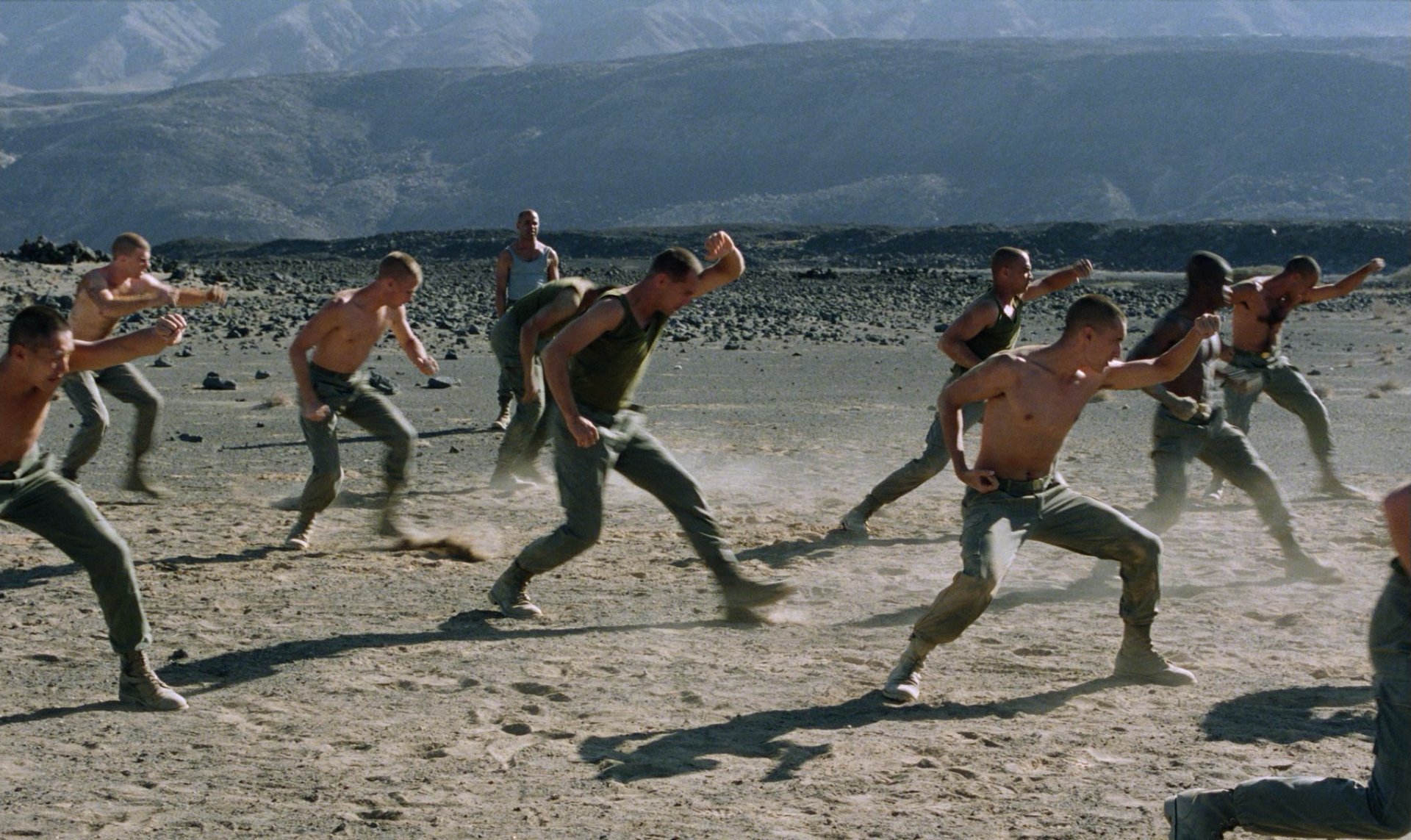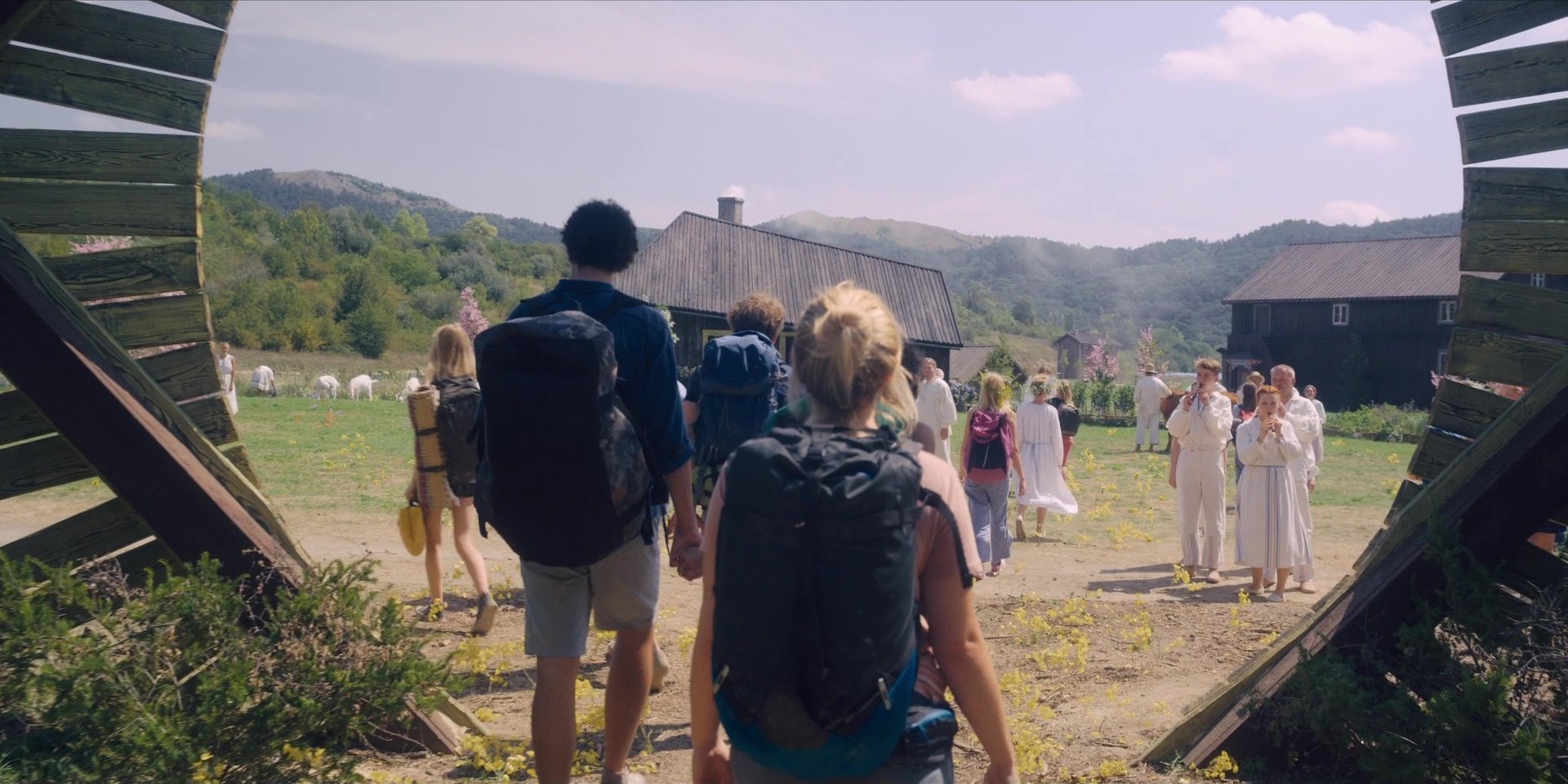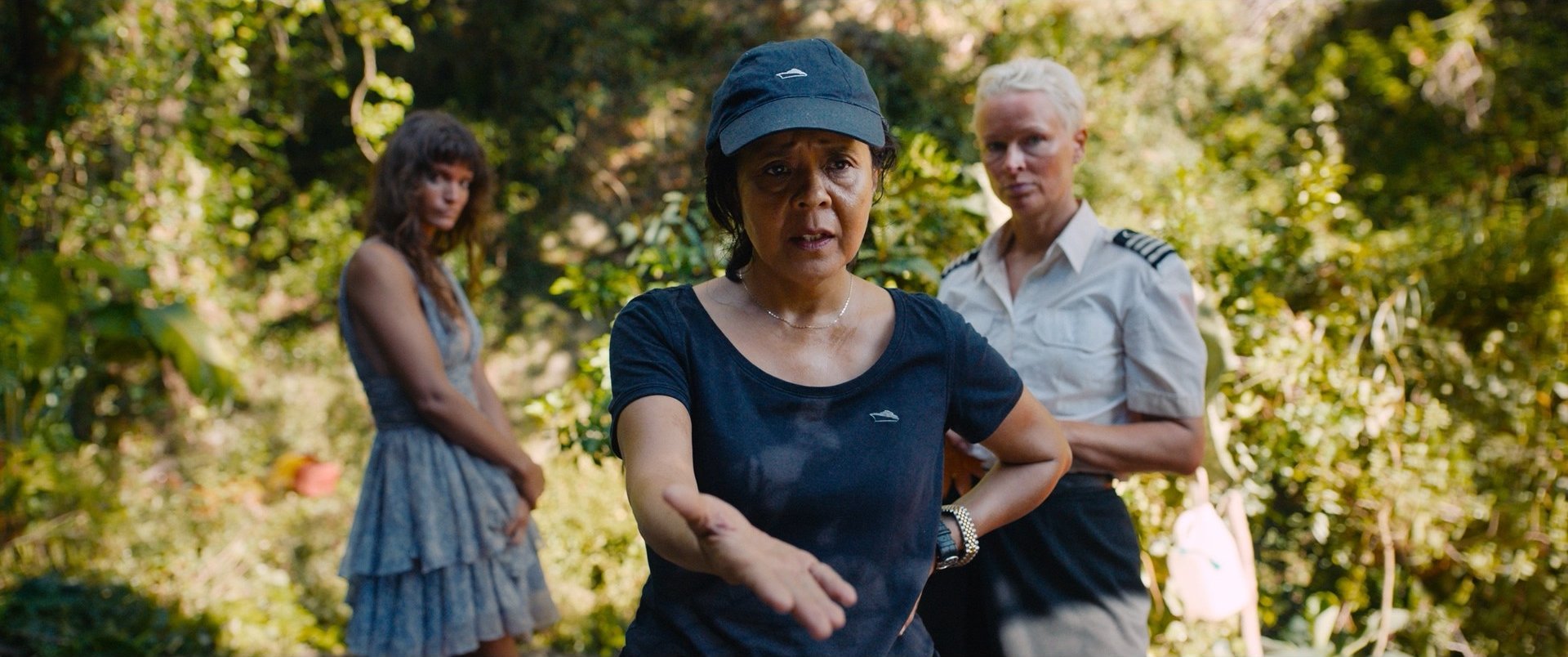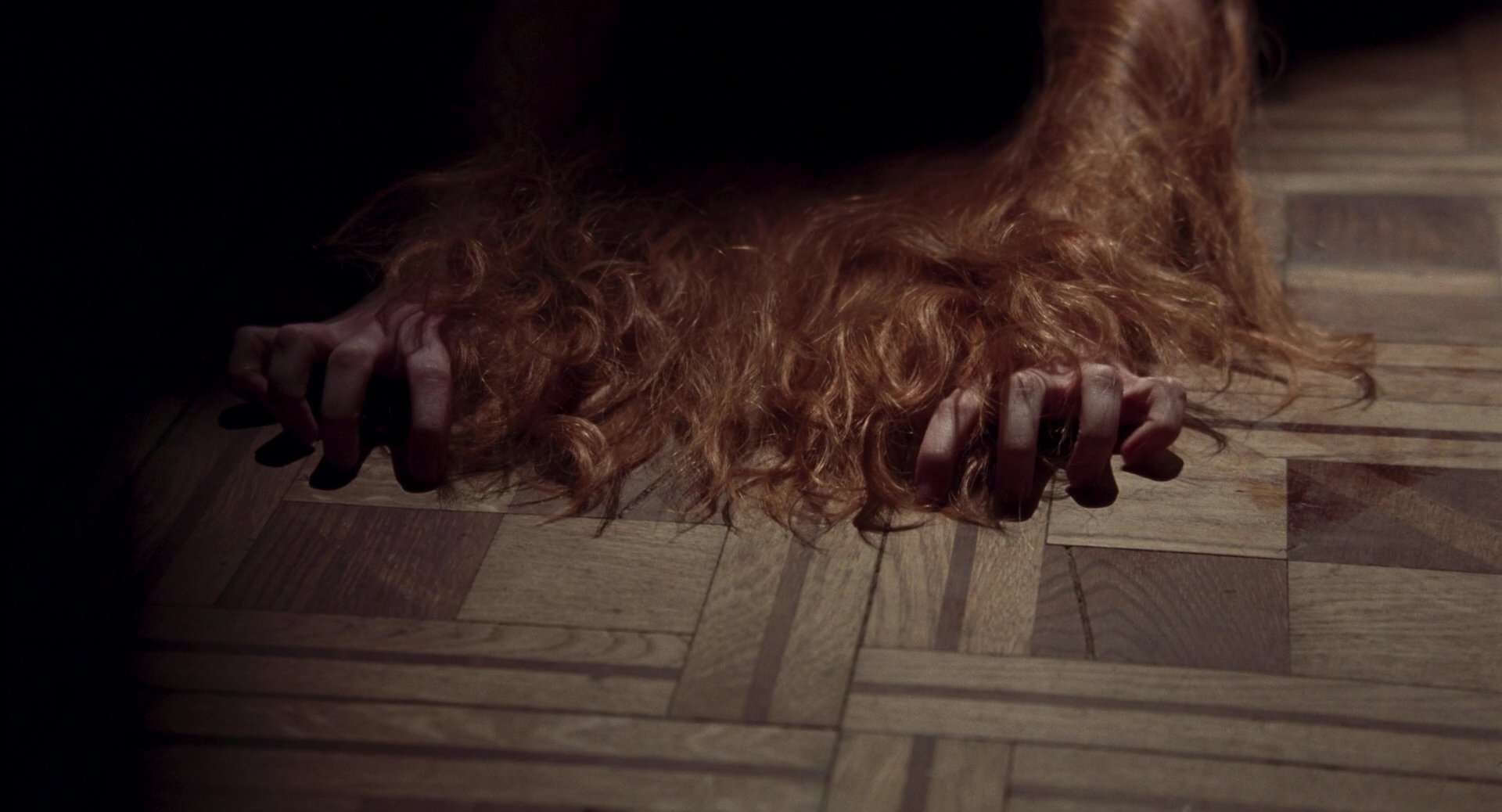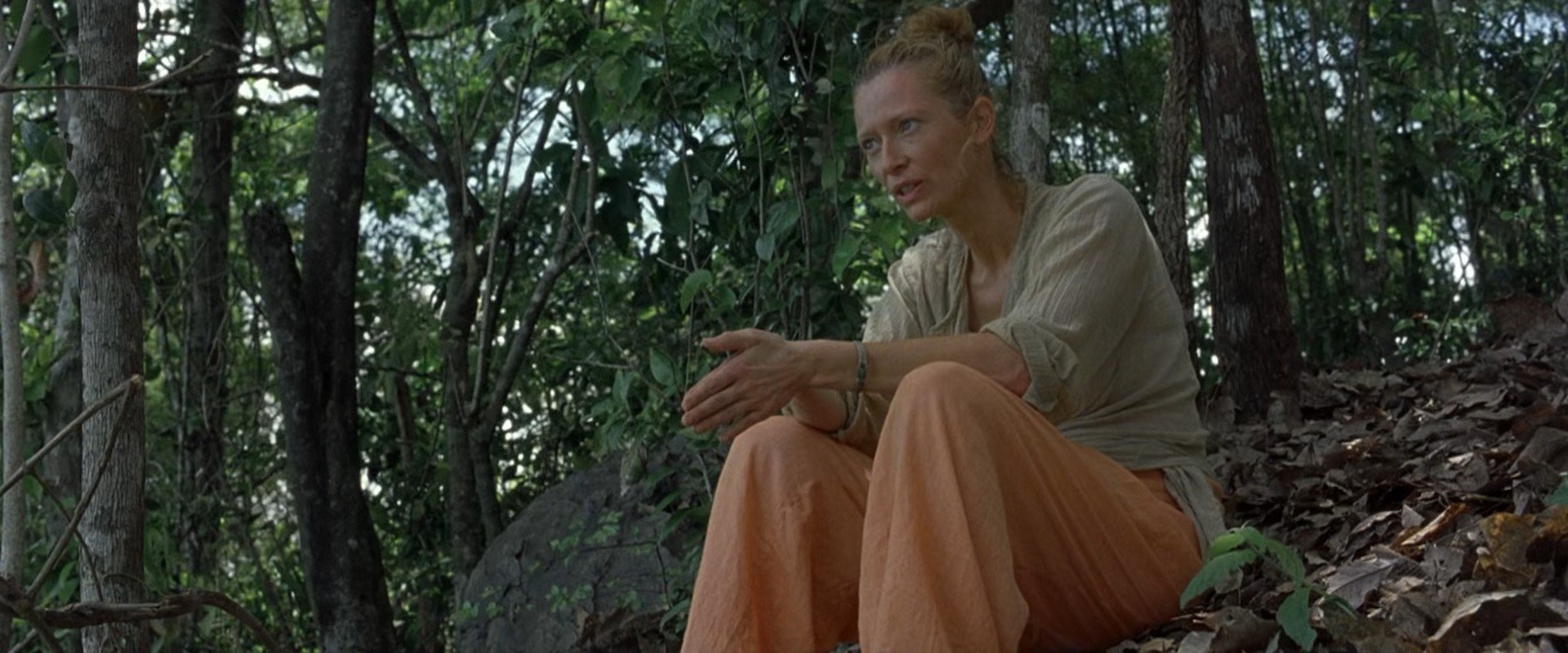
taga
Short Horror Film
When western volunteers spurn the customs of a rural Filipino community, an ancient evil comes knocking.
Synopsis
Vivi, a curious Filipina-American travels to the motherland to reconnect with her roots, but becomes enmeshed with a group of self-righteous western volunteers hellbent on saving an eco-reserve. When the overzealous volunteers clash with the locals, and mock indigenous customs, they risk falling prey to a vengeful monster foretold in the folklore they scorned.
in production
We’re currently in pre-production to shoot in the Philippines in January 2025. If you’d like to support the project, please consider making a contribution.
Thanks to our Fiscal Sponsors, From the Heart Productions, donations are 100% tax deductible, if you pay taxes in the U.S. We can also accept in kind donations, like points or miles to be used for flights to the Philippines. These can also be tax deductible!
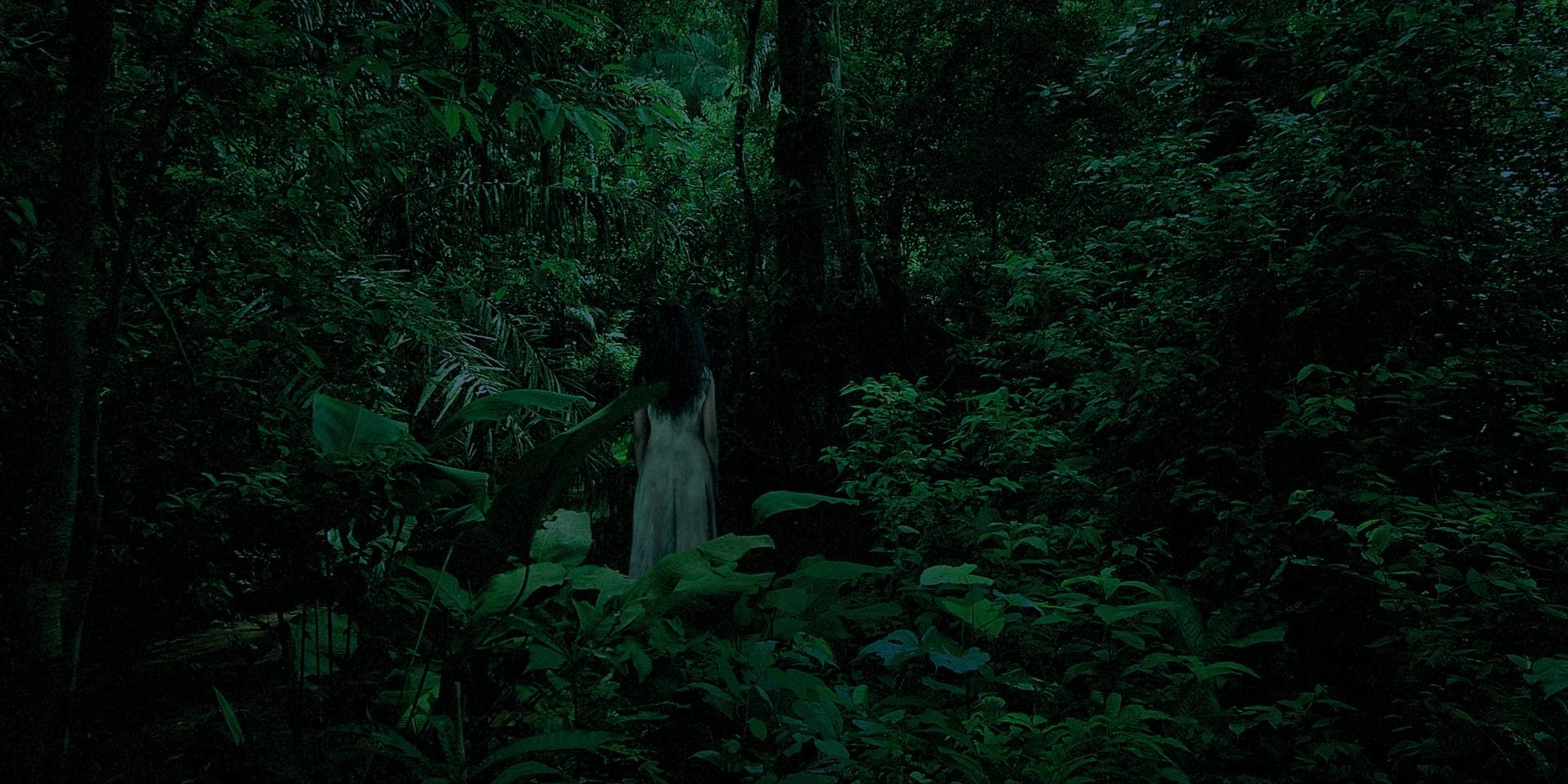
meet the team
-

Jill Sachs
WRITER-DIRECTOR
Jill Sachs is a mixed Filipina-American writer-director, passionate about using genre to challenge oppressive narratives and amplify the voices of those whose fears and desires are often overlooked. Jill earned her MFA in Directing from AFI, and is a recent Finalist of the Disney-AFI Underrepresented Storytellers Initiative and 2023 CAPE Julia Gouw Short Film award. She won 2nd place at the 2024 Screencraft Short competition, with her travel/folk horror, Taga. Her films have won awards at festivals like BendFilm, Cinequest, Mallorca, Filmquest and more. Jill currently works in animation at Psyop, and enjoys backpacking, art and all things spooky.
-

Joyce Liu-Countryman
PRODUCER
Joyce Liu-Countryman is a producer of color whose slate centers intersectional and underrepresented identities. She was a 2023 Film Independent Project Involve Creative Executive Fellow and LA Media Fund Fellowship recipient. Joyce holds an MFA in producing from the AFI Conservatory and an MS in clinical psychology from the University of Wisconsin, Madison where she first shared a stage with her now partner on their production services company, Eat With Me Productions. Their award-winning feature, EAT WITH ME, premiered at the Los Angeles Film Festival, screened at over 40 festivals across the globe and streams on Peacock. Her dark comedy short with Margaret Cho, A FAMILY GUIDE TO HUNTING, premiered at the 2024 Tribeca Film Festival. Her work as an Associate Producer includes the Emmy-nominated THE GREATEST NIGHT IN POP and TEMPLE OF FILM: 100 YEARS OF THE EGYPTIAN THEATER.
-

Louise Barretto
PRODUCER
Growing up, Louise Barretto has always had a passion for intimate stories that connect viscerally. Like in well crafted coming-of-age stories, it’s like you discover a part of yourself as you experience what the characters go through. Before moving to Los Angeles, she has worked as a TV producer for MTV Philippines' weekly show Timeout. She co-produced No Vows, No Cows, which is a Film Independent Project Involve 2022 short. As a producer, she is in post production on a proof-of-concept short titled Family Guide to Hunting starring Margaret Cho, Kahyun Kim and Keong Sim. She has produced music videos for Iggy Azalea, Aidan Bissett, Elle E.D. Working across mediums, she’s produced magazine covers for Wonderland, Harper's Bazaar, Glamour, The Wrap and has worked with talent such as Christina Aguilera, Saweetie, Kim Petras, Keiynan Lonsdale. She is also the Production Director for ABOOKOF Magazine.
-

Kristine De Leon
PRODUCER
Kristine de Leon is a Manila based Producer, who specializes in international co-productions. She produced RADIKALS, a short film selected for Semaine De la Critique at Cannes 2024, and is currently producing RIA, developed at Festival de Cannes La Résidence. She is a graduate of Busan Asian Film School, and has participated in Produire Au Sud, La Fabrique Cinéma, SGIFF Asian Producers Network, QCFC Eave Marketing Class.
-
Joey Scoma
EDITOR
Joey Scoma is an Emmy nominated editor and all around cinephile. Most recently he edited the feature length documentary on the eccentric new wave band DEVO, which had its world premiered at the Sundance Film Festival. In addition to his ongoing doc projects, Joey has also been an active member of the short-form comedy collective 5secondfilms since its inception in 2008. Their slogan is “wasting your time, but not very much,” so that pretty much sums it up. The end.
-

Pothmolita Dou
SPFX MAKEUP ARTIST
Pothmolita Dou, widely known as Apple, is an esteemed Cambodian makeup artist. Her contributions to the industry have been recognized through the prestigious Ve Neill Makeup Artist top 5 of Legendary Scholarship, which she received in 2016. With this scholarship, she attended the renowned Cinema Makeup School in Los Angeles, California, where she excelled and earned a diploma in Beauty & Special Effects Makeup. Apple had the privilege of being trained by esteemed Hollywood artists such as Ken Diaz, Leonard Engelman, Don Lanning, and Michael Spatola, which helped hone her skills. She has worked on numerous projects, including movies, commercials, music videos, and photoshoots in both Asia and the United States. Some of her notable works include First They Killed My Father, Hex, Before the Fall, The Forest Whispers, Lisa and Liza. Apple is passionate about inspiring future generations of Cambodian makeup artists to pursue the same career path and to achieve greater success.
Artistic Statement
TAGA, which means ‘From’ in Tagalog, was born out of the existential urge that propels people to seek the truth in far-flung places… and the cultural conflict that such journeys can create.
The story follows Vivi, a ‘third culture’ Filipina-American, who travels to the rural mountains of Luzon hoping to understand the essence of her origins. Unfortunately, she becomes immersed with the wrong group of Western volunteers who have little respect for the indigenous customs. They trample over tradition on their quest to save the world, and must face the monstrous repercussions of their ignorance.
Like our hero Vivi, I’ve sought out the Motherland on quests to understand my mixed identity. Growing up cloistered in a tiny mountain town in America, far from my mother’s large, boisterous Filipino family, I’ve always felt like an alien, far away from the place where I might make sense. Like many Asian immigrants, my mother fixated on assimilating at all costs, repressing her culture and past for safety. She wanted to protect herself, and me, from being targeted as Other in our white, conservative village, but it didn’t work. We were still Other, just enshrouded by a nebulous gray fog, slowly sinking without a tangible history or culture to hold on to.
Even as an adult, something of this fog still lurks inside me, a question mark at the soul level. I’ve traveled all over the world trying to disperse it, yet there is something inside that remains unanswerable. When I travel to the Philippines, I want to feel whether my body awakens on a cellular level, to know that somewhere I belong. I want to find some nuggets of the essential culture, something that existed before the waves of armies, traders, Colonial invaders altered everything. But the truth is I am a foreigner. The authenticity and belonging I seek might never be open to me. It might be uttered in an ancient language that my brain has never molded to hear. As a traveler my presence is subtly influencing the very culture I’m seeking, which is also pushing, pulling, and acting on me. And that’s terrifying.
There are a lot of ethical nuances to global travel. It is precious, holy, evil, and inevitable. The perfect playground for Horror. Which brings me to the other inspiration for Taga, an experience that took place elsewhere in the world. After college, I wandered across Africa, backpacking solo overland, in search of authentic experiences. I tried to avoid the places curated for tourists, instead I often ended up volunteering at farms, reserves, and small local organizations. In Madagascar, I found an eco-reserve that on paper seemed perfect - they claimed to work hand in hand with the local indigenous tribe, but the reality on the ground was quite different. A toxic war had formed between the locals and the Europeans who ran the reserve. The westerners demonized the tribe, blamed them for every random thing that went wrong. Because of this treatment, the locals believed the leader of the reserve to be a white warlock, who had brought a curse upon them and the land. As problem after problem escalated the conflict, it seemed as if there was something supernatural drawing both sides into this spiral of darkness and chaos. I was trying to travel gently, with an open-heart, to find family in strangers, a truth apart from the western capitalist mores that poorly answered ‘how best to live’. Now I was trapped, contributing to a neo-colonial cult of ‘western aid’. Afraid that this spiral might end in violence, I ran away. I’ve been trying to understand that experience ever since. How can such pure intentions as wanting to ‘save the world’ and ‘revive a forest lead to such horror?
Taga, the short film/ proof of concept, is a pared down attempt to use horror to begin to talk about the dark side of travel, culture clash, and a certain brand of neo-colonial voluntourism. The supernatural evil has been simplified to a monster born of folklore - inspired by the Filipino door-knocking entity, the Nangangatok. Most horror films about travel tend to demonize ‘the Other’, making the western travelers the heroes and victims of the monstrous strangers. To me the true horror is brought about by the western saviors, imposing their will upon others, ignorant of the stories they wander into, the monsters they create or incite. The indigenous Kalinga Filipinos in Taga are not the antagonists, nor are they the magical shamans who save the foreigners; they are people who have dealt with their demons long before the volunteers arrived. Yet if the travelers are open and perceptive enough, they could learn from the locals, and possibly save themselves from the feasting darkness. Or not.

visual references
